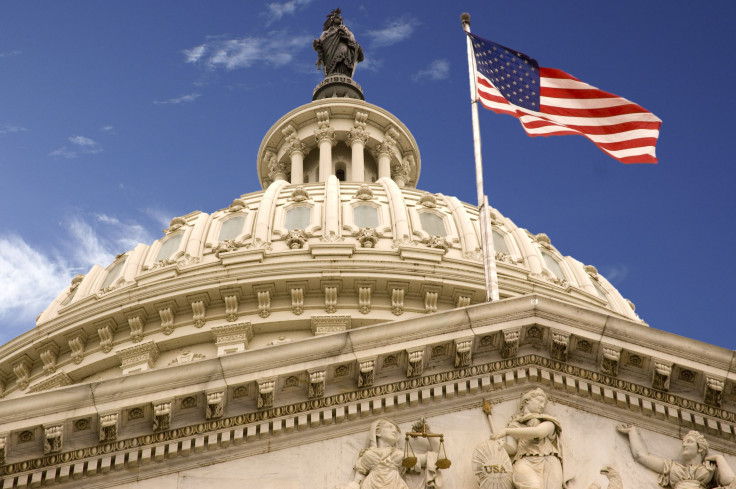In Budget Proposal Riddled With Anti-Union Measures, House Republicans Take Aim At National Labor Relations Board

House Republicans voted Wednesday to slash the budget of the federal agency that enforces the nation’s foundational labor laws and attached to the proposal a number of anti-union measures championed by industry lobbyists. Under the bill approved by the House Appropriations Committee, the National Labor Relations Board (NLRB) would see its budget drop by a whopping 27 percent.
The proposal of $74 million in cuts -- part of a spending bill that also covers the federal labor, health and education departments -- is unlikely to pass in its current form. That’s because Senate Democrats have vowed to block all Republican-sponsored funding bills until legislators can reach a deal to ease so-called sequestration, mandatory across-the-board spending caps that came into effect two years ago.
Nevertheless, the bill underlines Republicans' deep hostility toward an agency the party and its allies increasingly lambaste as biased toward the interests of Big Labor. It also offers a window into what about the NLRB’s agenda today rankles them most: rules to speed up union elections or attempts to claim agency jurisdiction over tribal land, among others.
Leveraging the Appropriations Process
Paul Secunda, a labor law professor at Marquette University Law School, says legislators are responding to disquiet from their donor base and political allies -- groups like the U.S. Chamber of Commerce and National Association of Manufacturers -- who see organized labor as a threat to their financial interests.
"They're using the appropriations process to make it more difficult for unions to represent employees," says Secunda.
Created in 1935, the independent agency regulates most union elections in the private sector and enforces workers’ rights to collective bargaining. In one of its more high-profile moves in recent years, the board’s general counsel accused fast-food giant McDonald’s -- along with several of the corporation’s franchisees -- of a number of unfair labor practices, stemming from allegations the company retaliated against workers who spoke out about working conditions and took part in protests for higher wages.
As those hearings proceed, the powerful lobby that represents franchisers like McDonald’s and Subway has decried the agency for paving the way for other large companies to be held at least partially accountable for unfair labor practices. Under question in the McDonald’s case is whether or not the corporation can be considered a so-called joint employer when it comes to labor law violations.
House Republicans took note in their spending proposal. Chief among the potpourri of anti-union riders: a franchise lobby-backed measure prohibiting the agency from issuing a new “joint-employer” standard that could, in theory, hold franchisers accountable for violations committed by franchisees.
Other business-backed language abounds: The proposed spending bill would block the NLRB from enforcing new rules designed to speed up union elections -- the U.S. Chamber of Commerce has already filed a federal lawsuit to this effect -- and prohibit it from issuing rules that allow for electronic voting in union elections. Yet another rider would prohibit the agency from exerting jurisdiction over American Indian-owned businesses on tribal land. In recent weeks, casinos have lobbied Congress to pass a similar law.
© Copyright IBTimes 2024. All rights reserved.






















